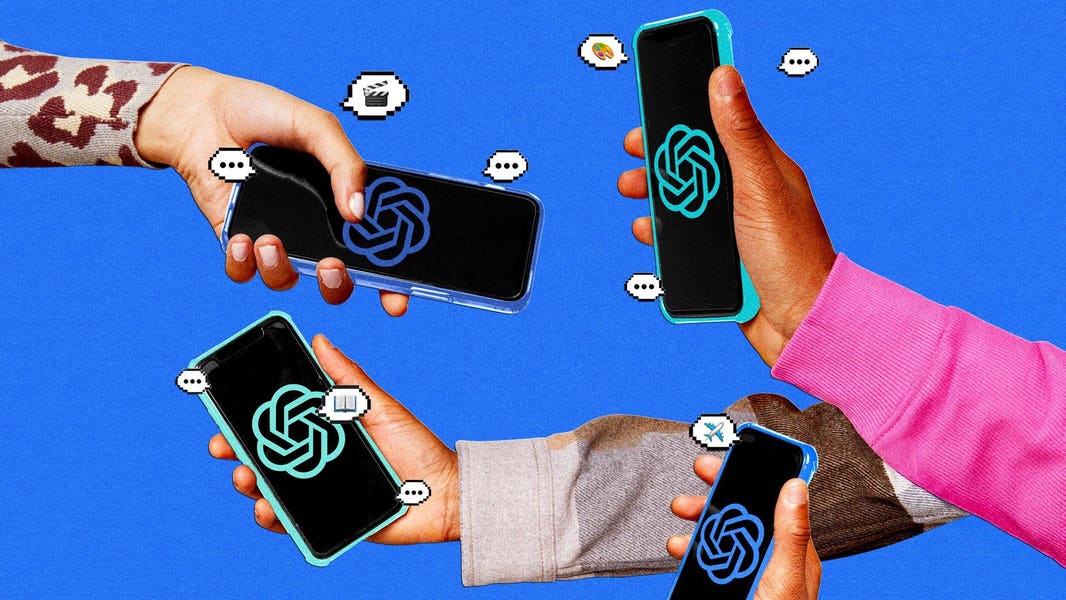TikTok’s parent company, ByteDance, originating from China, has discreetly introduced four innovative generative AI applications for global users, as per insights from Forbes. These new apps named Cici AI, Coze, ChitChop, and BagelBell were all unveiled within the last three months and have collectively garnered millions of downloads.
Cici AI, ChitChop, and Coze serve as platforms for creating chatbots, enabling users to develop and share their personalized chatbots. On the other hand, BagelBell is designed to generate dynamic fictional stories where the plot and content evolve based on the readers’ choices. Interestingly, ByteDance did not develop the foundational large language models powering these apps; instead, they leverage OpenAI’s GPT technology accessed through a Microsoft Azure license, as confirmed by ByteDance spokesperson Jodi Seth.
Notably, the websites and terms of service for these new apps do not explicitly mention ByteDance as the owner, a revelation made here for the first time. While three of the apps are managed by Spring (SG) Pte. Ltd., a fresh ByteDance subsidiary, the fourth is overseen by Poligon Pte., another ByteDance subsidiary known for producing erotic web novels and video games for ByteDance in the past.
Cici and ChitChop primarily focus on entertainment, offering chatbots based on fictional characters and romantic partners, whereas Coze caters to streamlining workplace tasks through its chatbot functionalities. Among these apps, Cici has emerged as the most popular with over 10 million downloads on the Google Play store.
These strategic app launches align with ByteDance’s broader initiatives, including the introduction of an AI tool for creating short-form videos and reported endeavors to develop an AI image generator akin to Midjourney and Dall-E. This move signifies ByteDance’s proactive stance in competing within the generative AI landscape against tech giants like Facebook and Snap, who have also ventured into chatbot integration and AI advancements.
Presently, only Coze is accessible in the U.S., with none of the apps available in the EU. It’s a common practice for tech companies to pilot new products in less regulated markets before expanding to more stringent regions. When questioned about ByteDance’s plans for these apps, Seth mentioned they are still in the testing phase, withholding further details on the company’s future strategies.
While ByteDance has a track record of launching and discontinuing test apps, the future integration of these generative AI apps into TikTok remains uncertain. However, ByteDance did conduct a trial integrating an AI chatbot named “Tako” into the TikTok platform earlier this year.
ByteDance’s expansion into generative AI apps for international markets mirrors its success with TikTok. Simultaneously, ByteDance has introduced similar apps in China, such as the AI chatbot app Dou Bao, following government regulations mandating adherence to core socialist values and censorship guidelines.
As ByteDance delves deeper into generative AI technologies, concerns have been raised regarding data privacy, intellectual property theft, and potential influence exerted through AI-powered platforms. ByteDance’s utilization of OpenAI’s models and subsequent suspension highlights the complexities and challenges surrounding AI development and usage in the tech landscape.






